تؤثر المحفزات البصرية الصريحة بشكل كبير على السلوك الجنسي للذكور من خلال عدد من الآليات البيولوجية والنفسية والاجتماعية. يمكن أن تؤثر هذه المحفزات، التي تتضمن صورًا أو مقاطع فيديو جنسية صريحة، على الرغبة الجنسية وتصورات الحياة الجنسية والسلوكيات الشخصية. فيما يلي بعض الطرق التي تؤثر بها هذه المحفزات على الرجال:
1. الاستجابة العصبية الحيوية
التعرض لمحفزات بصرية صريحة ينشط مناطق الدماغ المرتبطة بالمتعة والمكافأة. تشير الدراسات إلى أن هذه المحفزات يمكن أن تسبب زيادة في إطلاق الدوبامين، وهو ناقل عصبي يلعب دورًا حاسمًا في الإثارة الجنسية. وفقا للأبحاث، فإن الرجال الذين يستهلكون المواد الإباحية قد يتعرضون لنشاط عصبي أكثر كثافة في مناطق مثل النواة المتكئة واللوزة الدماغية، والتي تشارك في معالجة المكافآت والعواطف.
يمكن أن يؤدي هذا التنشيط إلى حساسية الاستجابة الجنسية، مما يعني أن الرجال يصبحون أكثر تقبلاً للمحفزات الجنسية بعد التعرض المتكرر للمواد الإباحية. ومع ذلك، هناك أدلة على أن التعرض المستمر يمكن أن يؤدي إلى فقدان الحساسية، مما يجعل الرجال يبحثون عن محفزات أكثر تطرفًا أو مختلفة لتحقيق نفس الاستجابة الاستثارية.
2. توقعات غير واقعية
يمكن أن يؤدي استهلاك المواد الإباحية إلى خلق توقعات غير واقعية بشأن الأداء الجنسي للشركاء ومظهرهم الجسدي. قد ينتهي الأمر بالرجال إلى مقارنة الواقع بالصور التي يرونها في الأفلام المثيرة، مما قد يؤدي إلى القلق بشأن الأداء وعدم الرضا في العلاقات الحميمة. هذا التنافر بين التوقعات والواقع يمكن أن يؤثر على احترام الذات والرضا الجنسي.
3. سلوكيات الاستهلاك
قد يصاب الرجال الذين يستهلكون XXXNXX بسلوكيات قهرية تتعلق باستخدام هذه المحفزات البصرية. يمكن أن يتجلى هذا من خلال الاستخدام المفرط للمواد الإباحية، والذي يرتبط بأعراض الإدمان مثل التسامح (الحاجة إلى محفزات أكثر كثافة لتحقيق نفس الإثارة) والانسحاب (الانزعاج الذي تشعر به عند عدم الوصول إلى المواد الإباحية). يمكن أن تؤثر هذه السلوكيات ليس فقط على الحياة الجنسية للرجال، ولكن أيضًا على علاقاتهم الشخصية.
4. التأثير على العلاقات
يمكن أن يؤثر الاستخدام المكثف لـ xxx hd omarxnxx سلبًا على العلاقات الرومانسية بين الرجال. تشير الدراسات إلى أن هناك علاقة بين استهلاك المواد الإباحية وانخفاض الرضا في العلاقات، فضلا عن زيادة الصراع بين الأشخاص. الرجال الذين يعتمدون كثيرًا على المحفزات البصرية قد يواجهون صعوبة في التواصل العاطفي مع شركائهم، مما قد يؤدي إلى انخفاض العلاقة الحميمة.
5. التخيلات الجنسية
يمكن للمحفزات البصرية الصريحة أن تغذي التخيلات الجنسية لدى الرجال من خلال تزويدهم بمجموعة واسعة من الصور والسيناريوهات التي يمكن أن تؤثر على رغبتهم الجنسية. قد تصبح هذه الأوهام أكثر تفصيلاً عندما يستهلك الرجال المزيد من المحتوى المثير، مما قد يؤدي إلى زيادة الحاجة إلى الحداثة في تجاربهم الجنسية.
للمحفزات البصرية الصريحة تأثير كبير على السلوك الجنسي للرجال من خلال تنشيط الاستجابات العصبية الحيوية، وخلق توقعات غير واقعية، وتطوير السلوكيات القهرية، والتأثير على العلاقات بين الأشخاص. من المهم أن يكون الرجال على دراية بهذه التأثيرات حتى يتمكنوا من التنقل في حياتهم الجنسية بشكل صحي والحفاظ على علاقات حميمة مرضية. يمكن أن يساعد التثقيف الجنسي المناسب والمناقشات المفتوحة حول استخدام المواد الإباحية في إدارة هذه التأثيرات وتعزيز النظرة الصحية للحياة الجنسية.





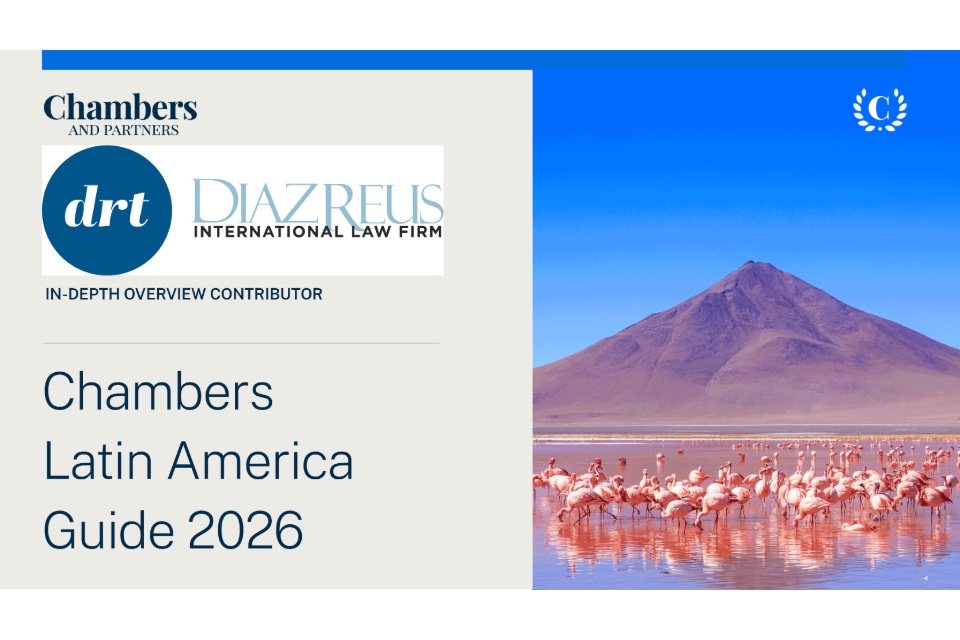

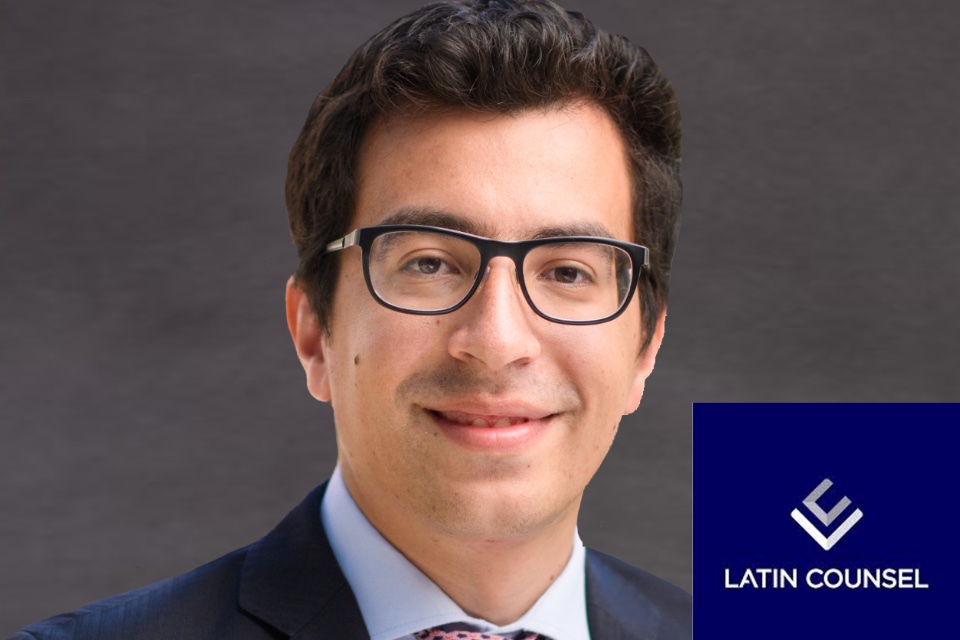
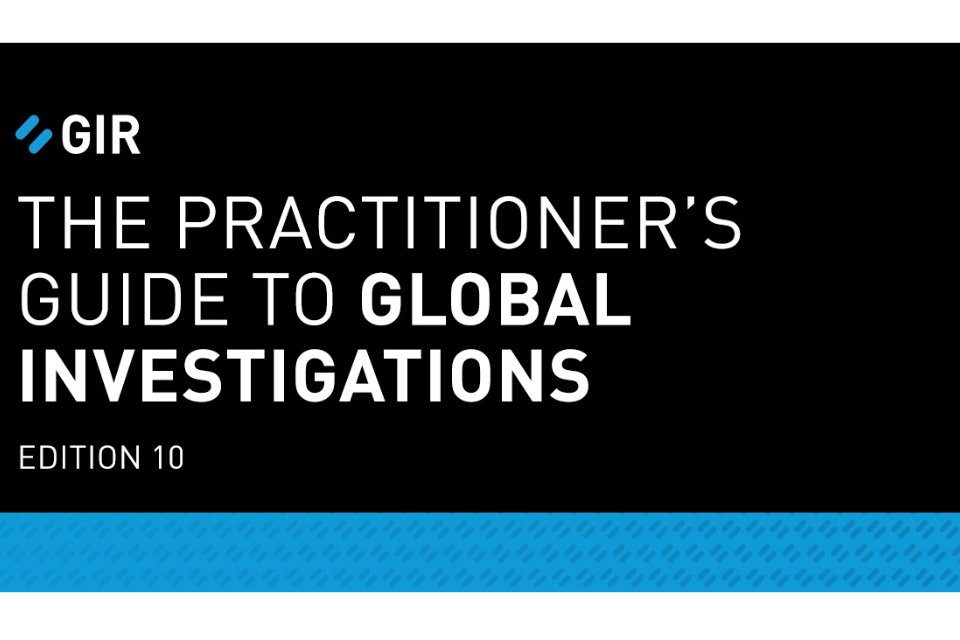
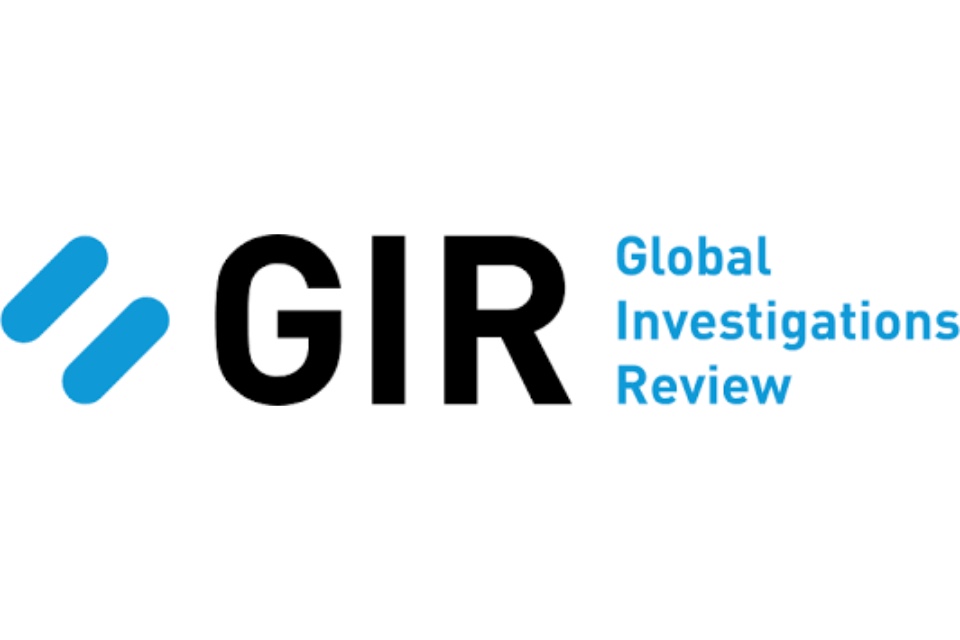


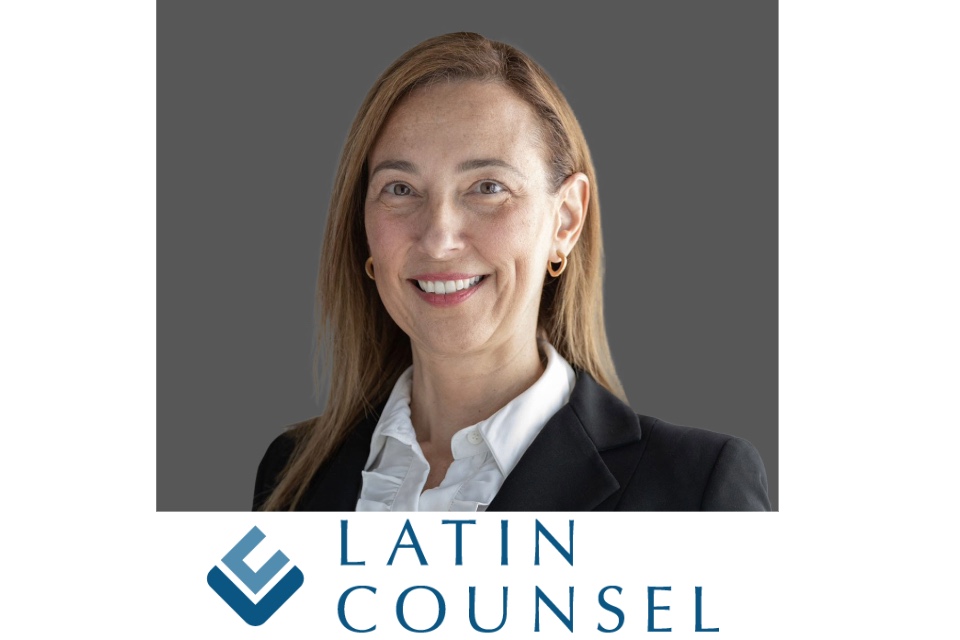

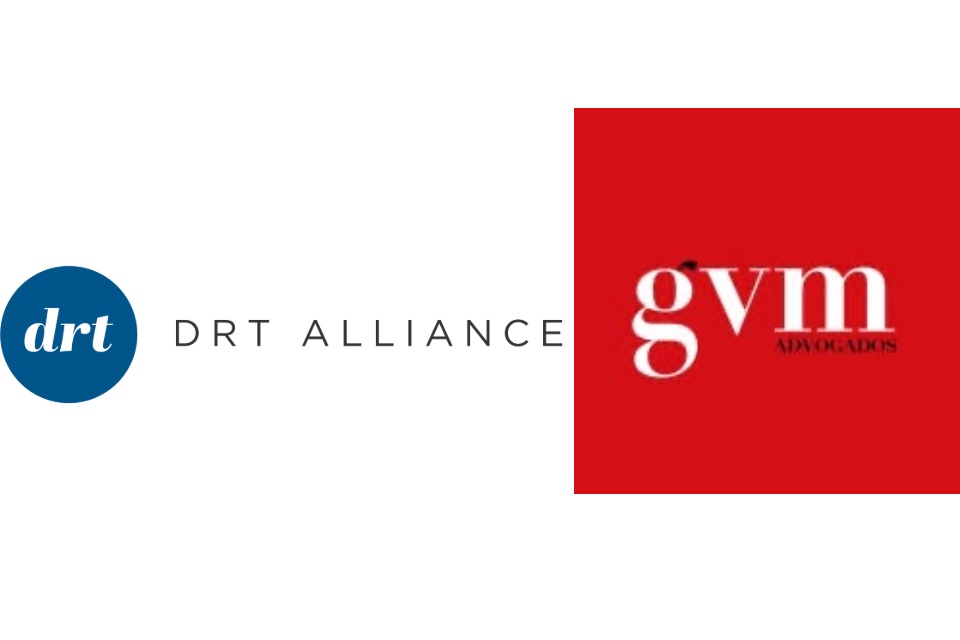














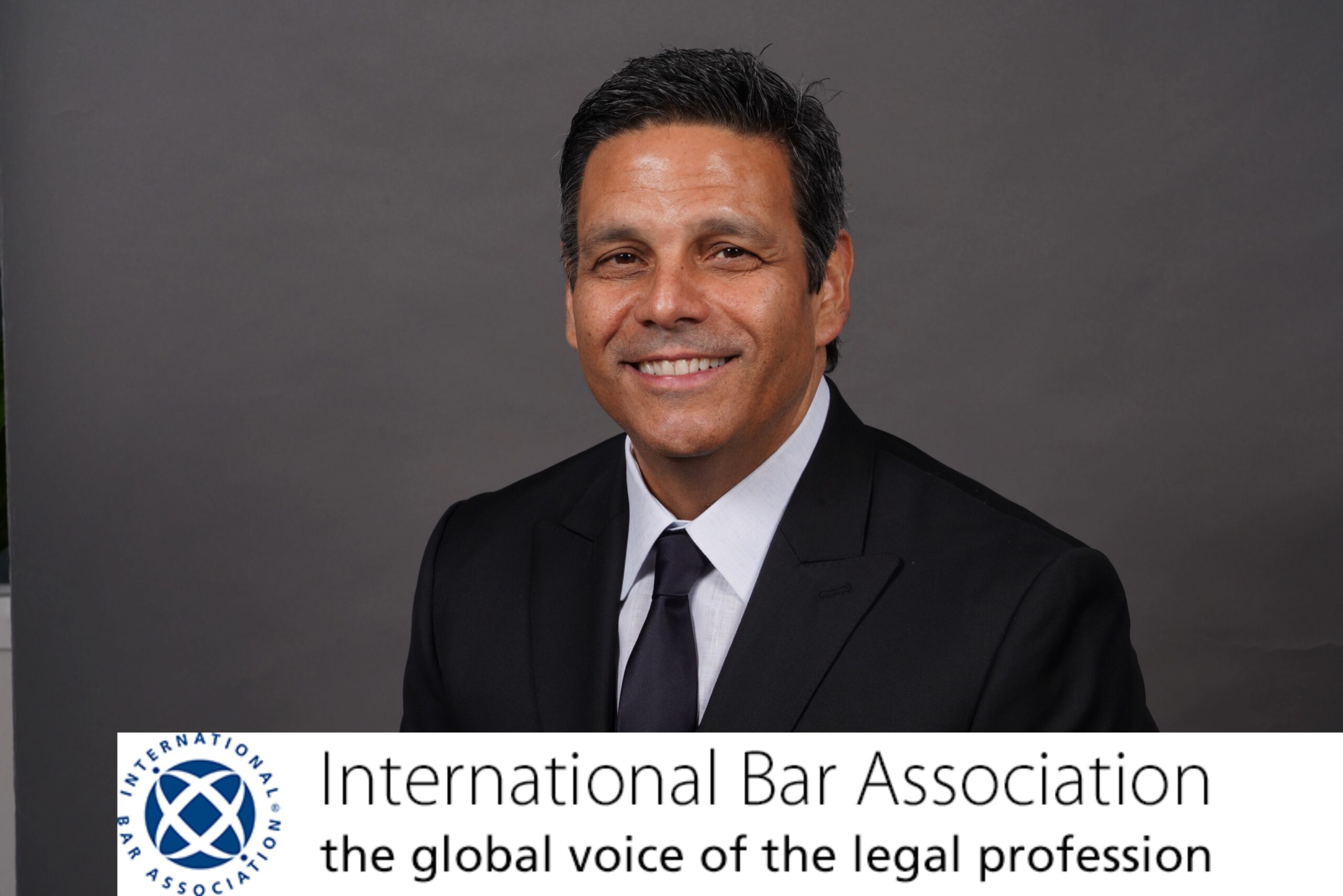
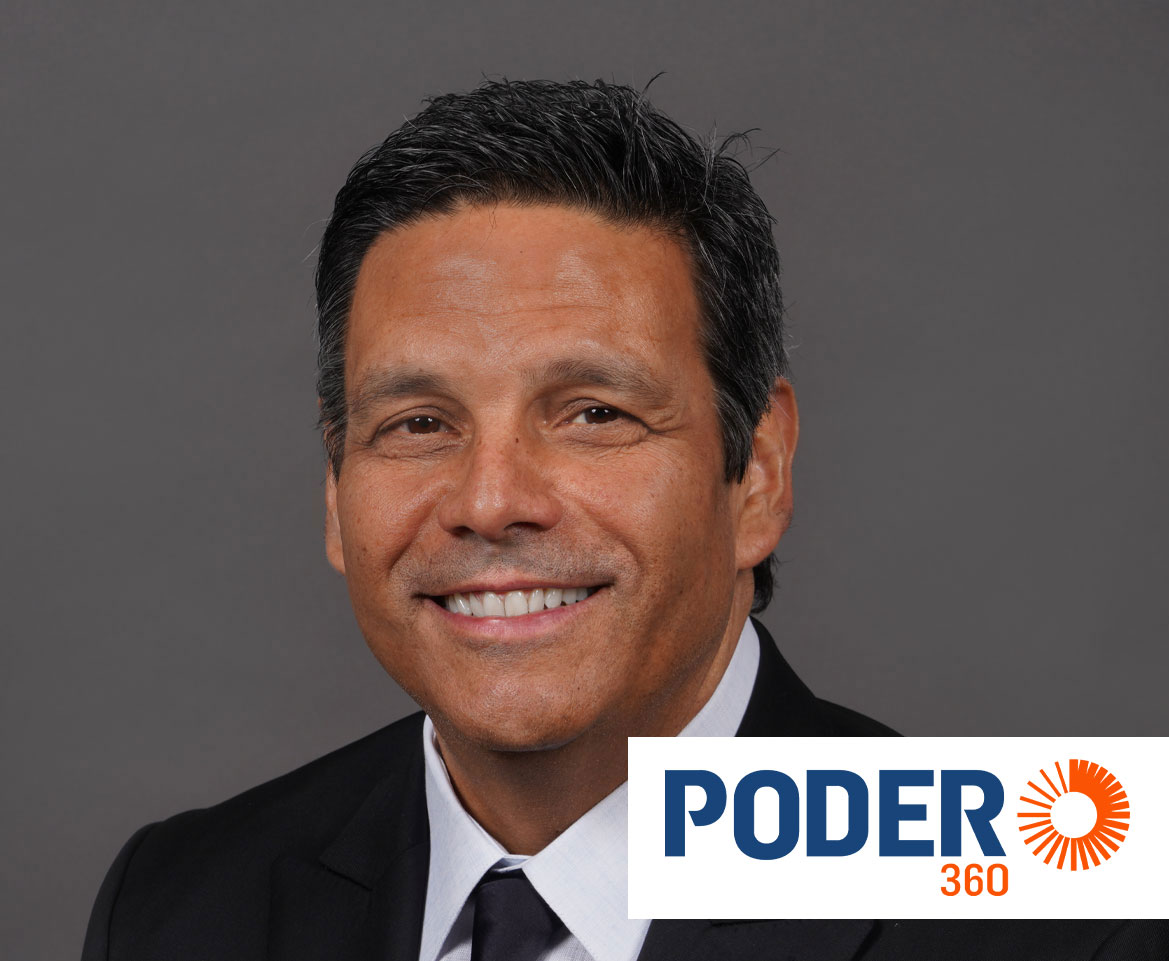





































































![Especial abogados Salón de la Fama[61] 4](https://diazreus.com/wp-content/uploads/2023/06/Especial-abogados-Salon-de-la-Fama61-4-pdf.jpg)



























































































































































































